Redefining Gulf Security Begins by Including the Human Dimension
The coronavirus pandemic has come as a reminder of the urgent need for a renewed approach to security that no longer focuses merely on the political and military aspects of security but includes a broader look at people-centered dimensions.
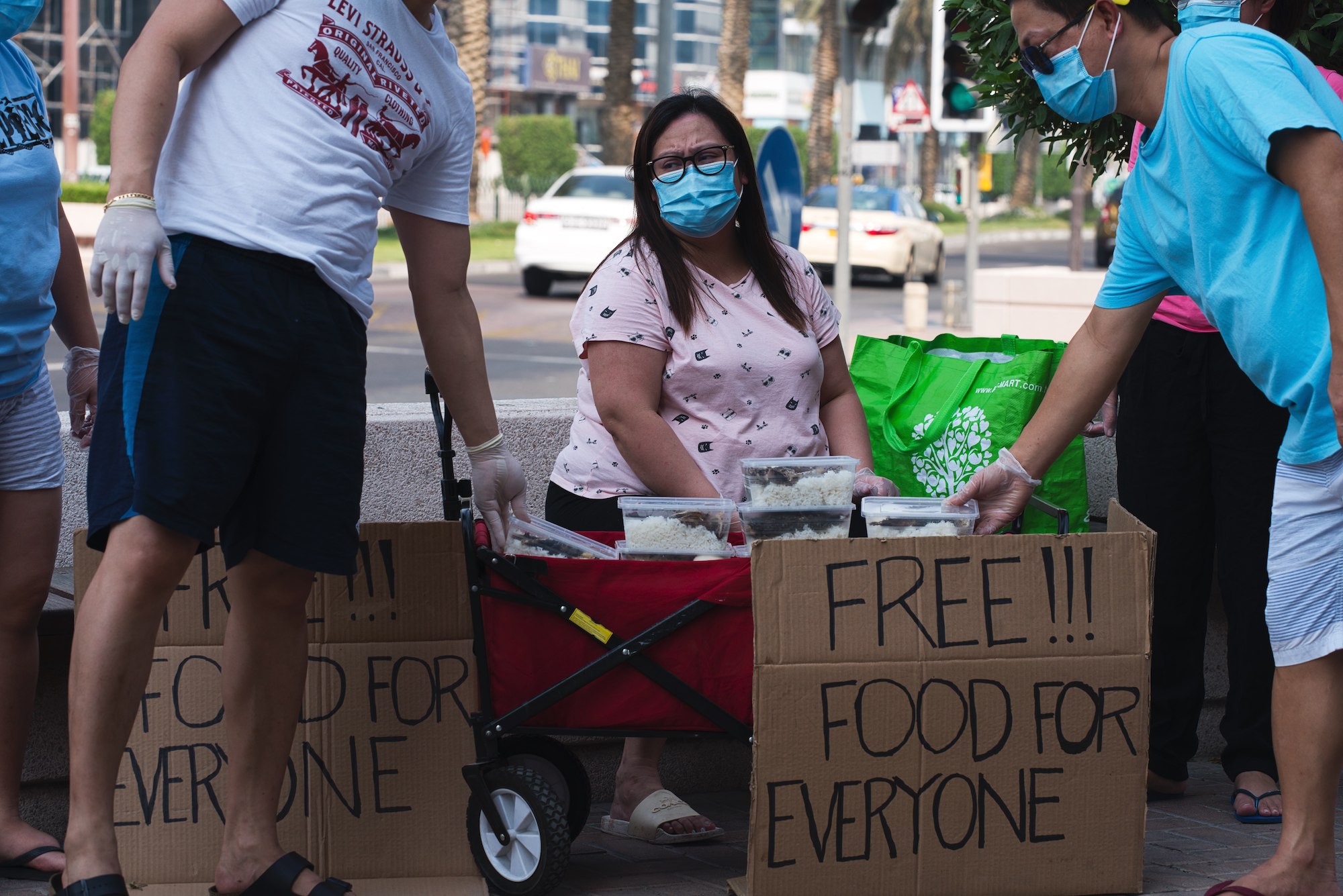
Executive Summary
The concept of Gulf security usually focuses on regime stability, territorial integrity against potential external aggression, military procurements, and the free flow of oil and gas. However, the health crisis brought about by the coronavirus pandemic has confirmed what has been increasingly apparent in the past few years: Gulf security is first and foremost human security.
It is crucial to bring the human security aspect front and center in the debates on Gulf security as it encompasses critical challenges for the region’s population, but also because recent and increasing sources of human insecurity threaten some of the foundational premises underpinning the polities of the Gulf Arab states, particularly their rentier political economy and regime-centric approach to security. This paper reframes human security issues as an inherent part of national security in the Gulf states and suggests innovative and pertinent ways to address future challenges with greater inclusivity.
In particular, it reviews the risks that the Gulf countries face regarding public health, food, and water security, as well as environmental security more broadly. It then assesses how these issues directly challenge some of their traditional definitions of security, in economic and strategic contexts. Finally, it offers some pathways to tackle the multifaceted security challenges the future holds for Gulf countries.
The views represented herein are the author's or speaker's own and do not necessarily reflect the views of AGSI, its staff, or its board of directors.

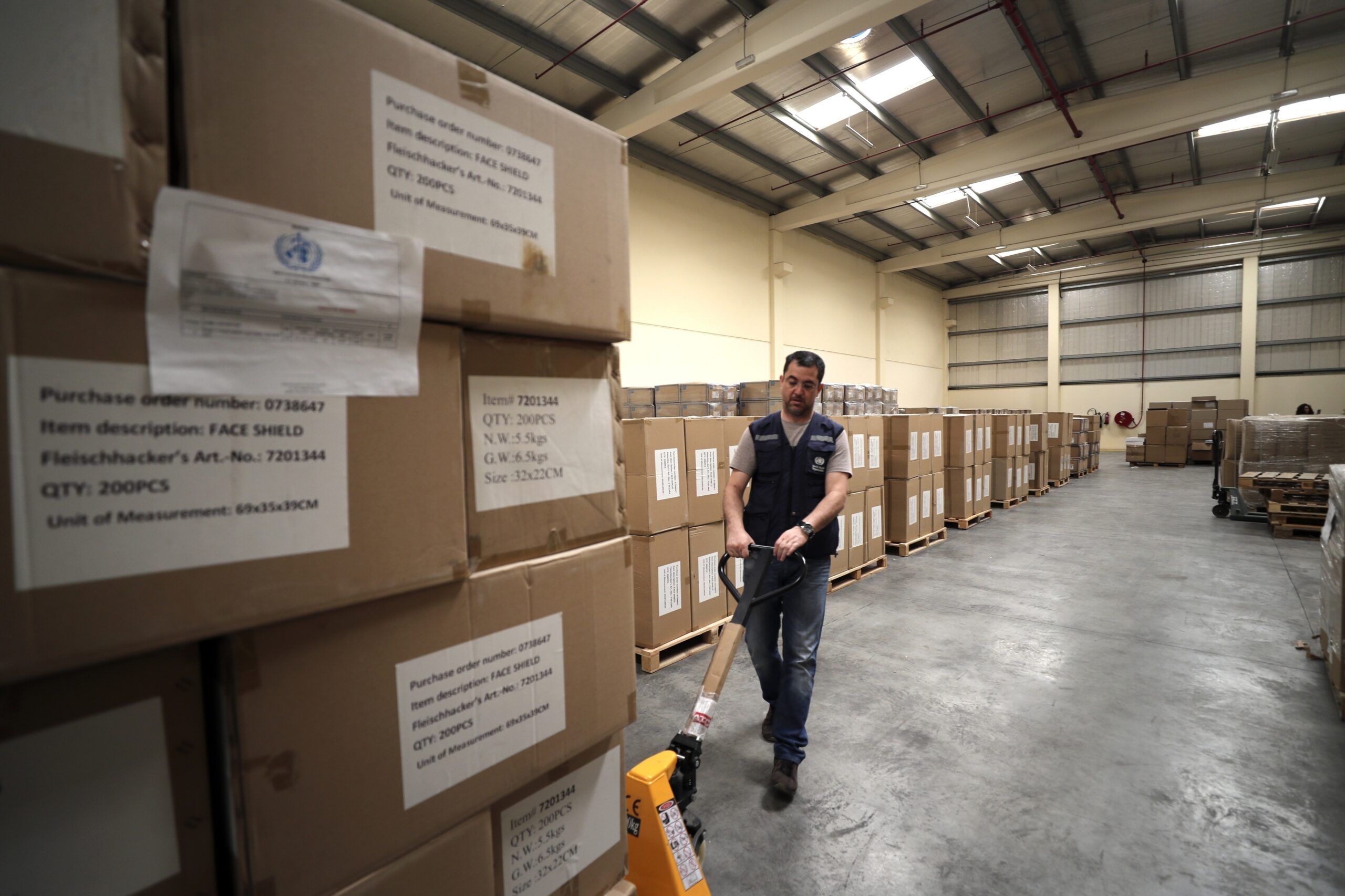

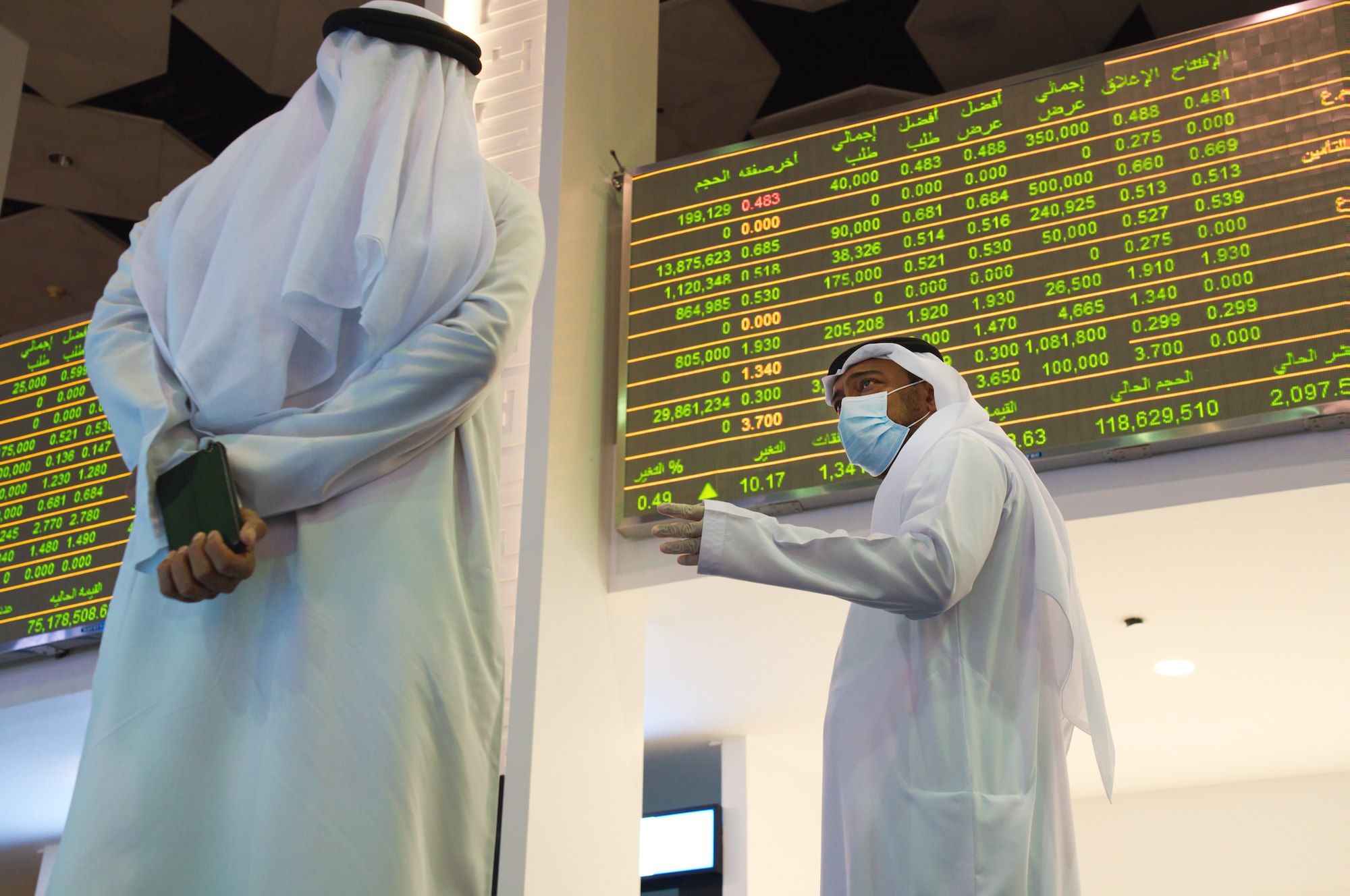
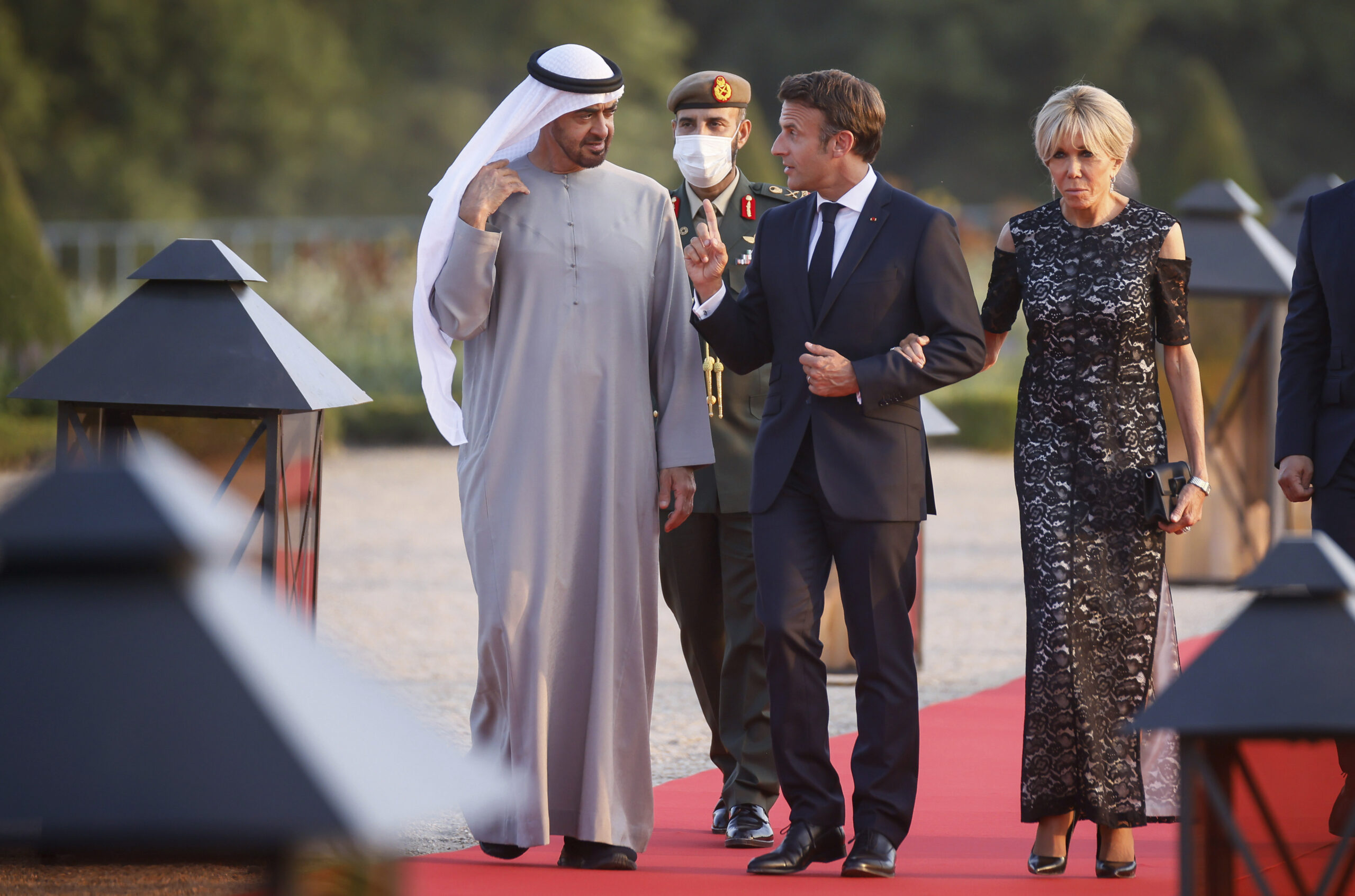
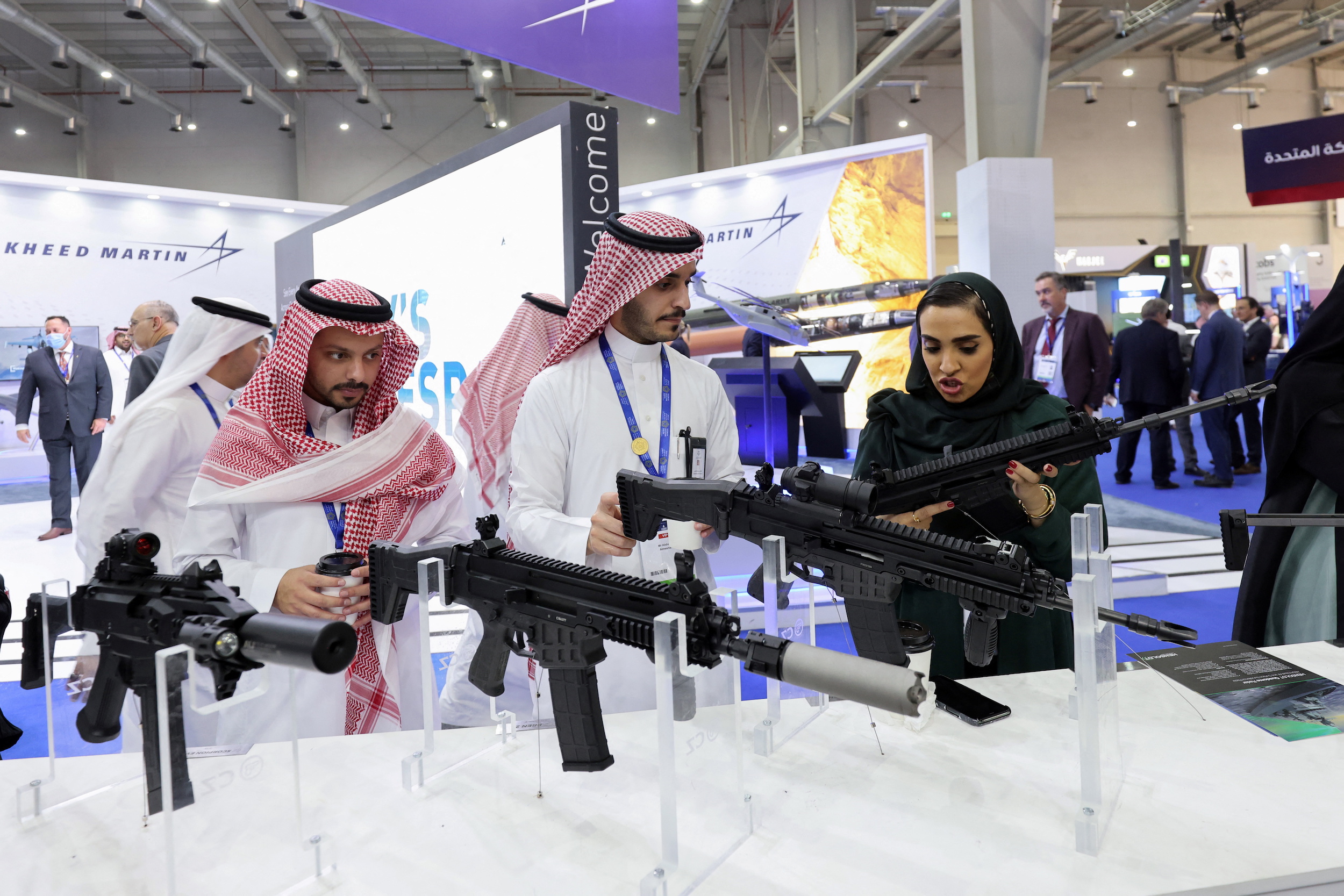
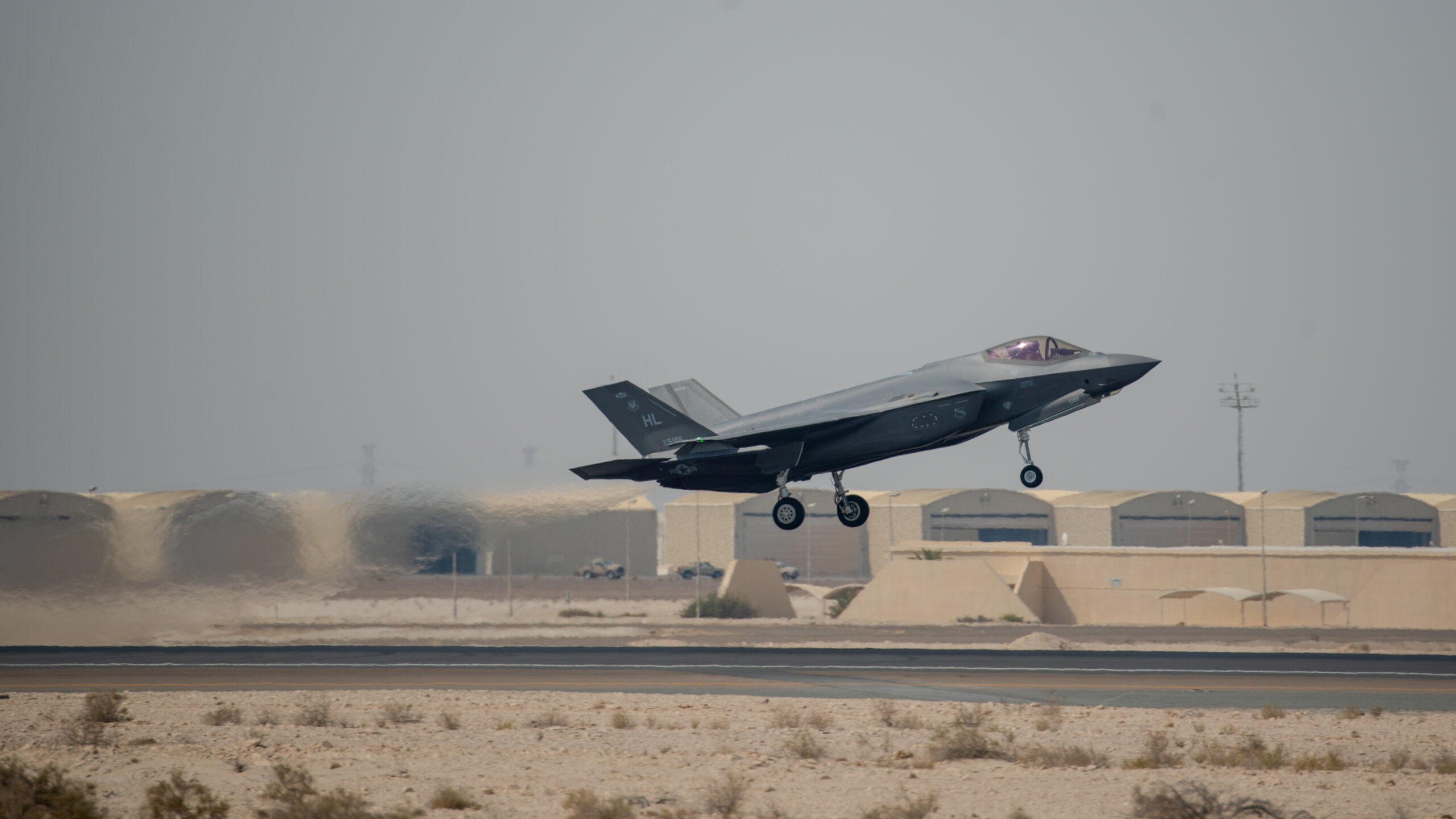
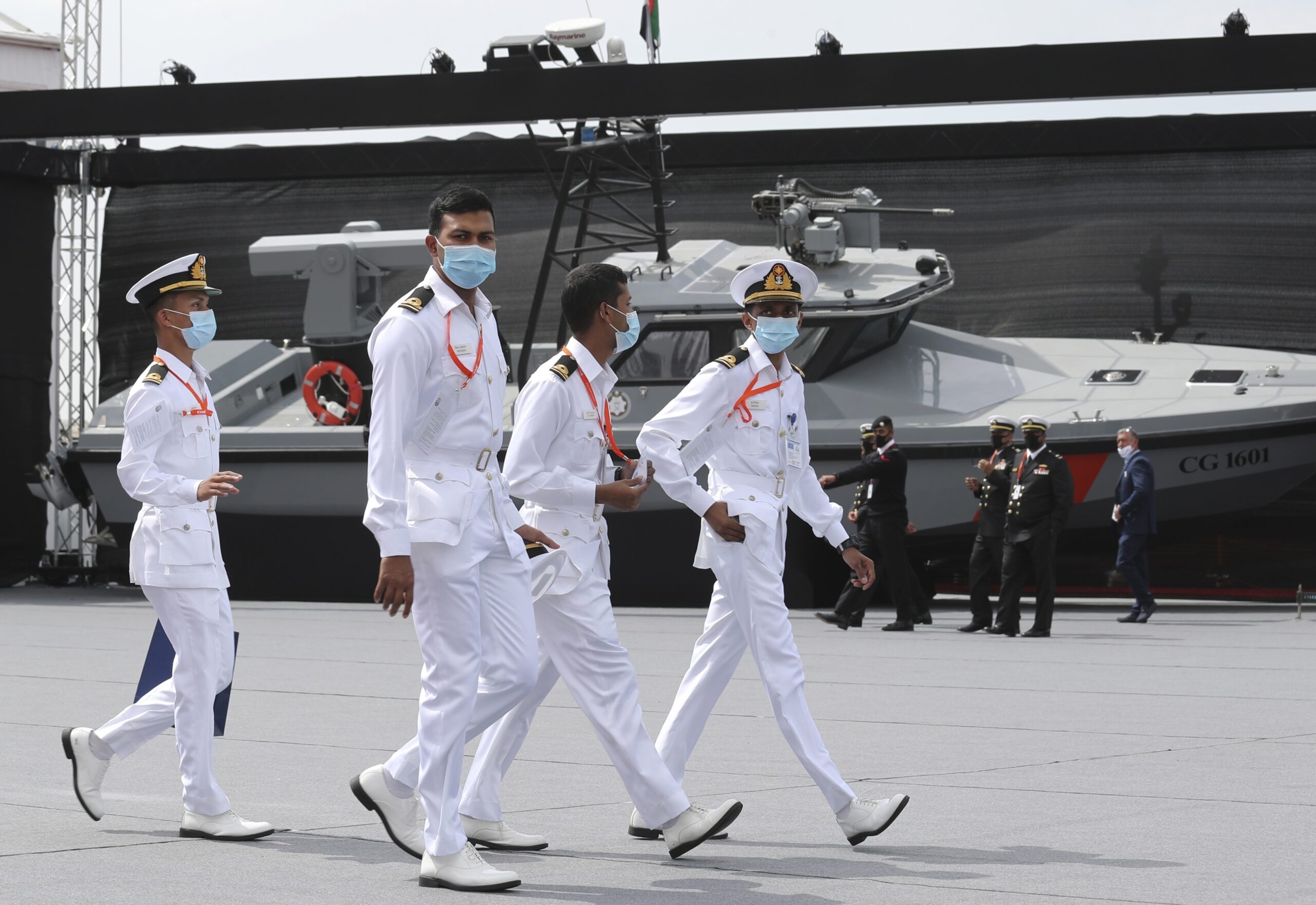



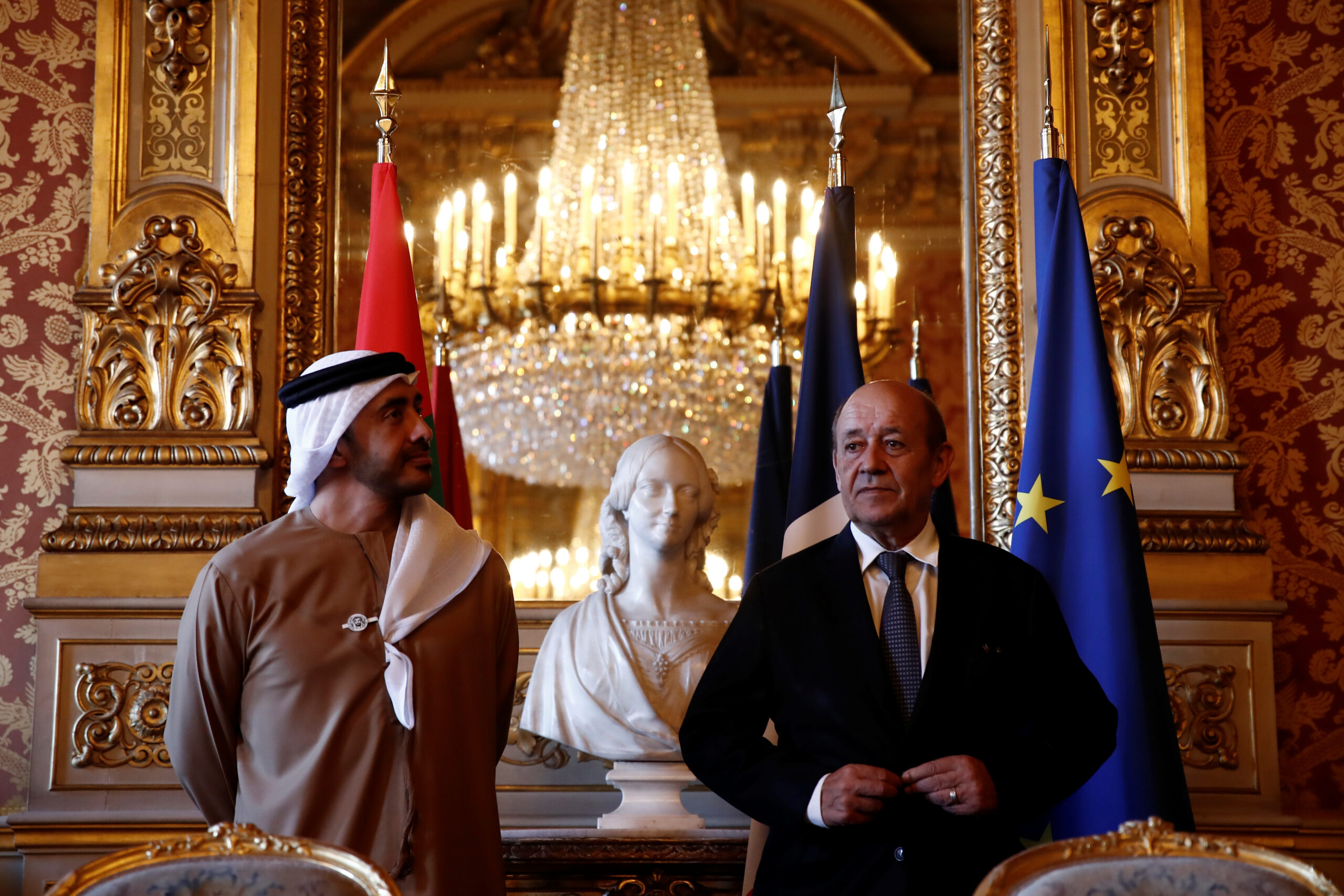
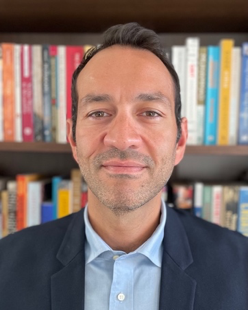
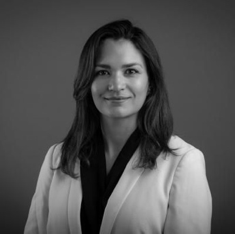
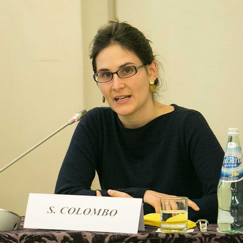
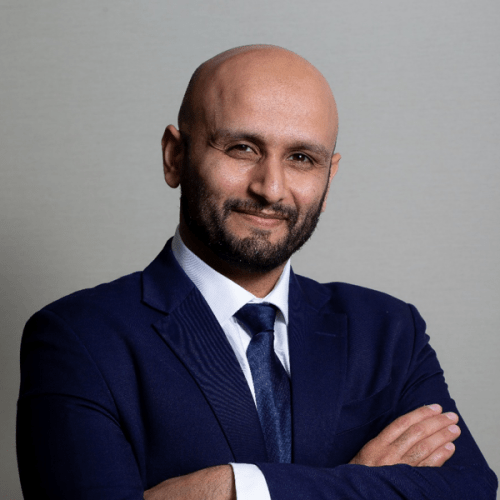
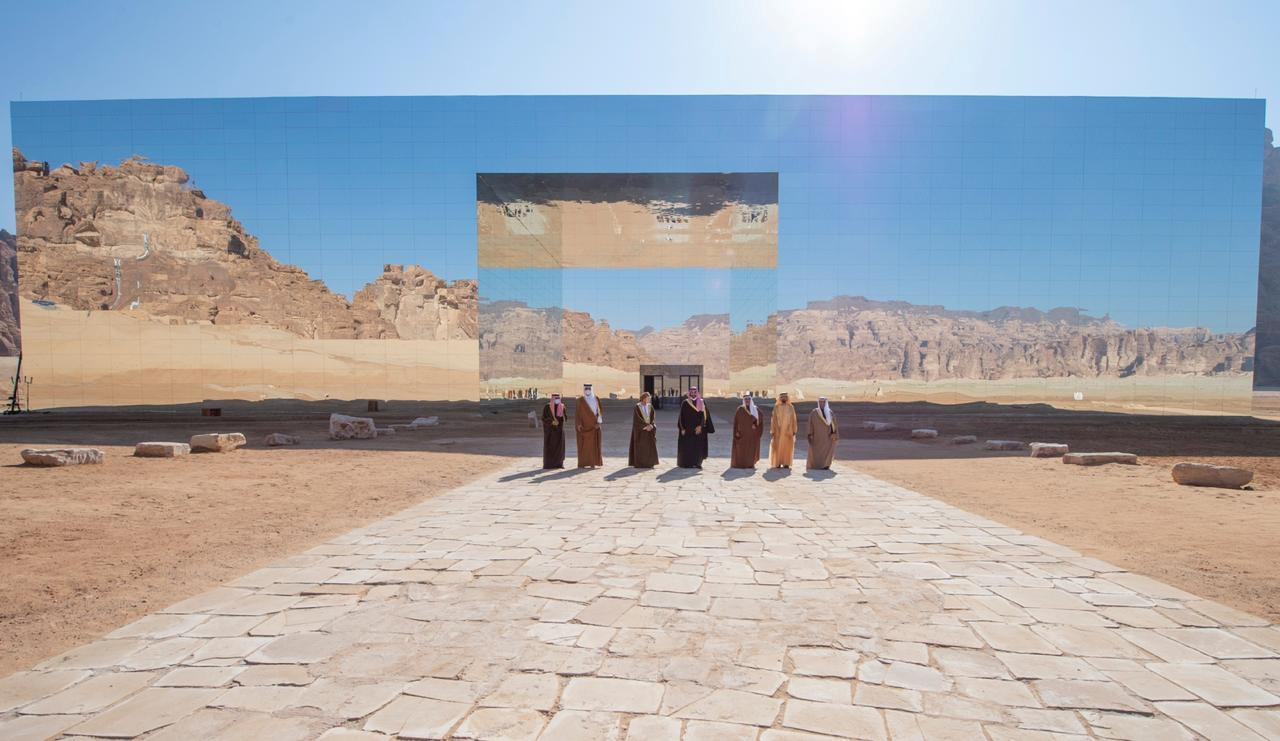
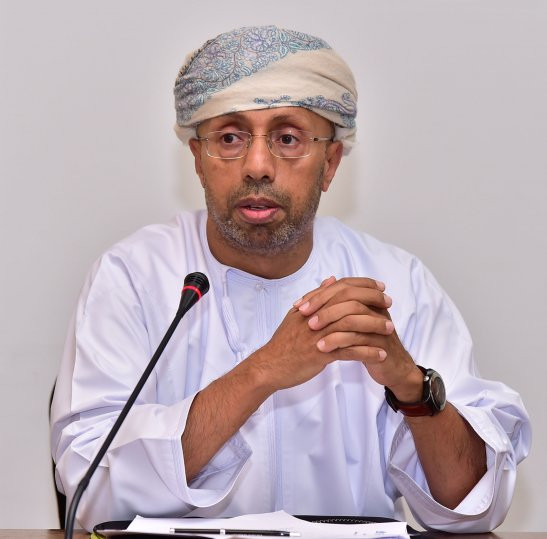
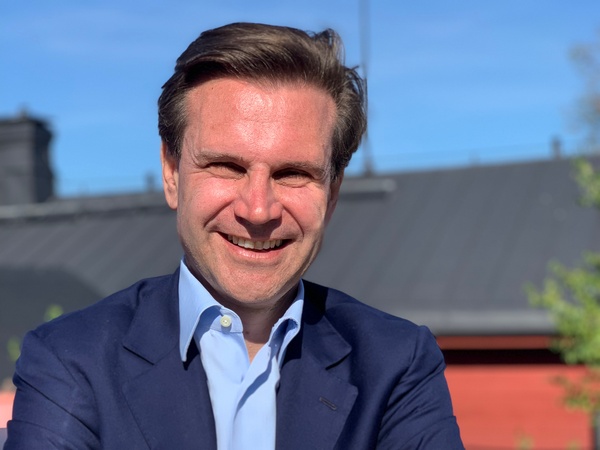
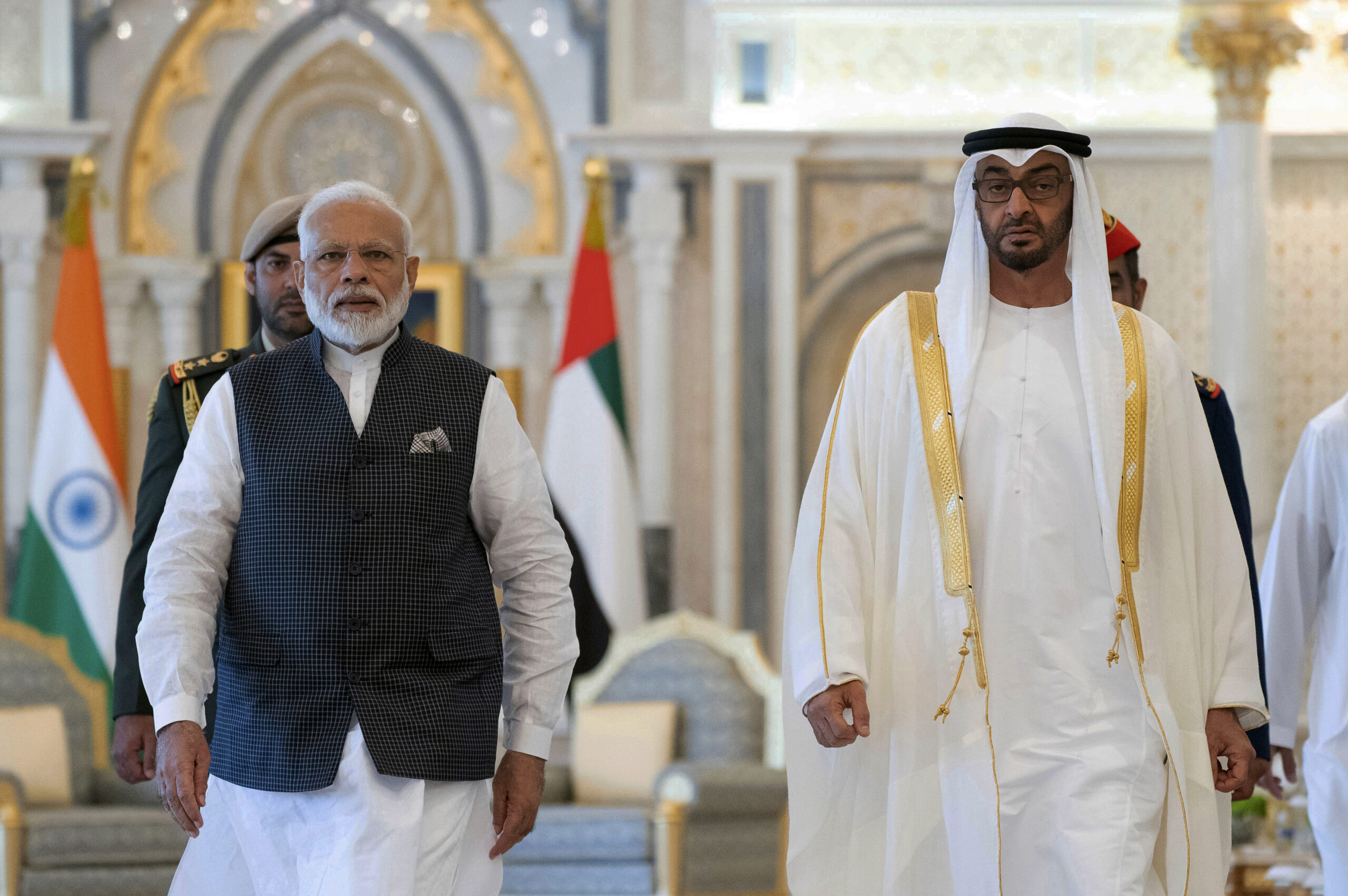
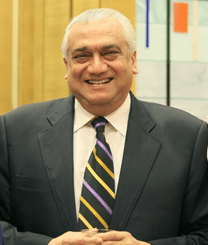
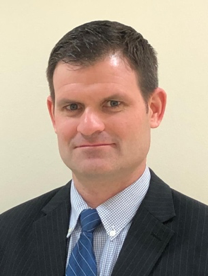
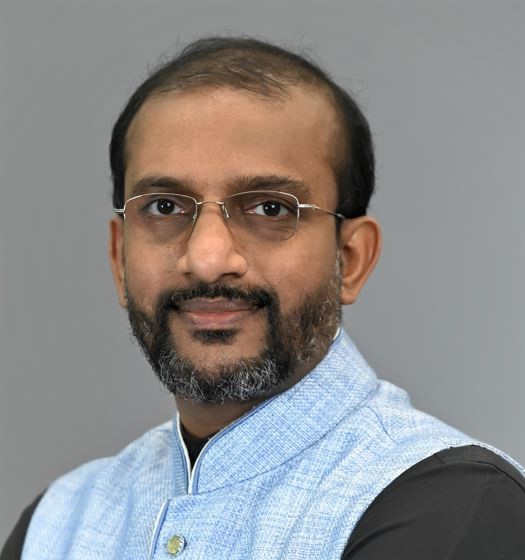

Jul 21, 2020
Covid-19, Diversification and the Future of Food Security in the Gulf
The pandemic is forcing a reprioritization of people-centered challenges that Gulf leaders seem to be willing and ready to undertake.
7 min read